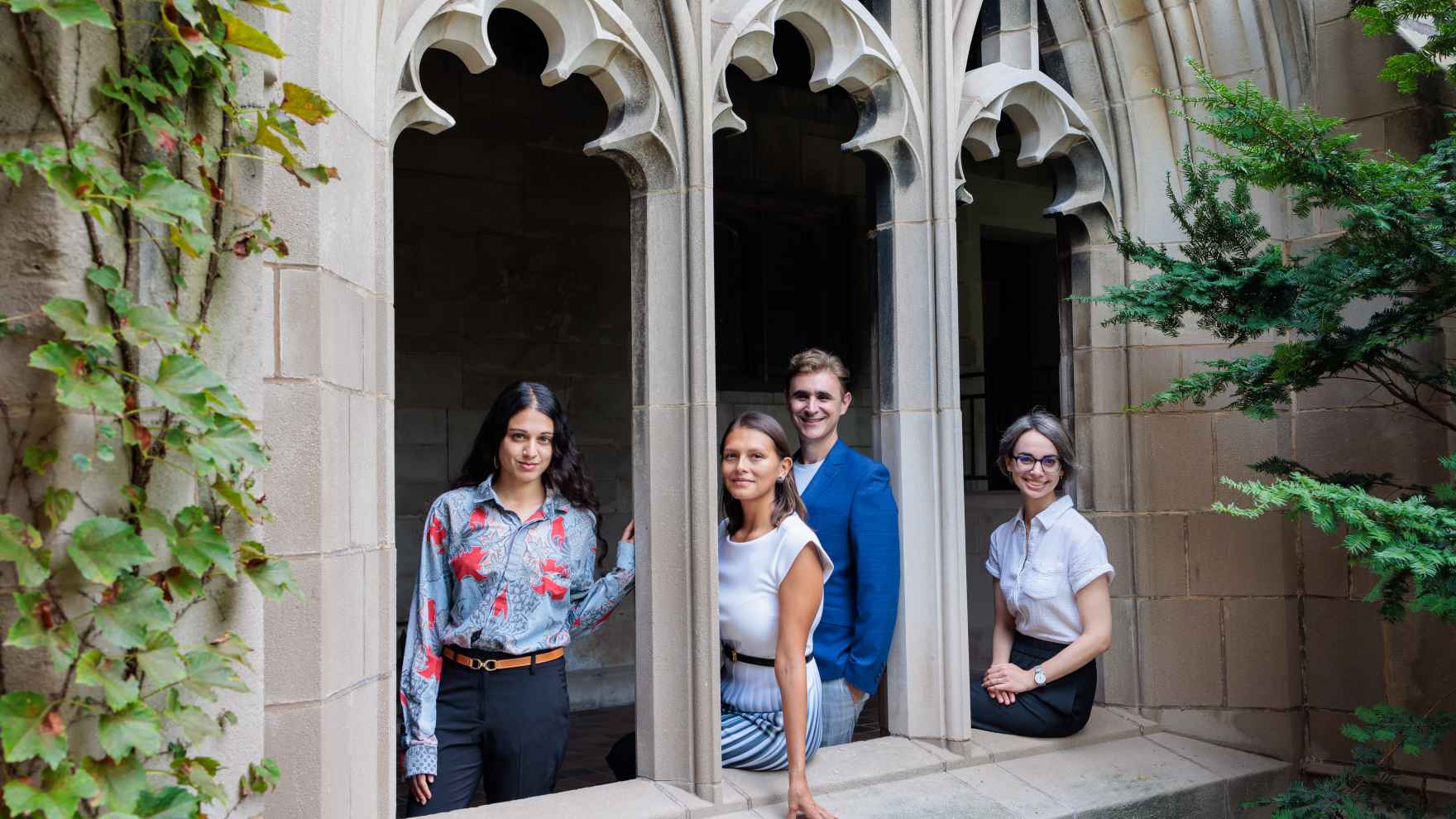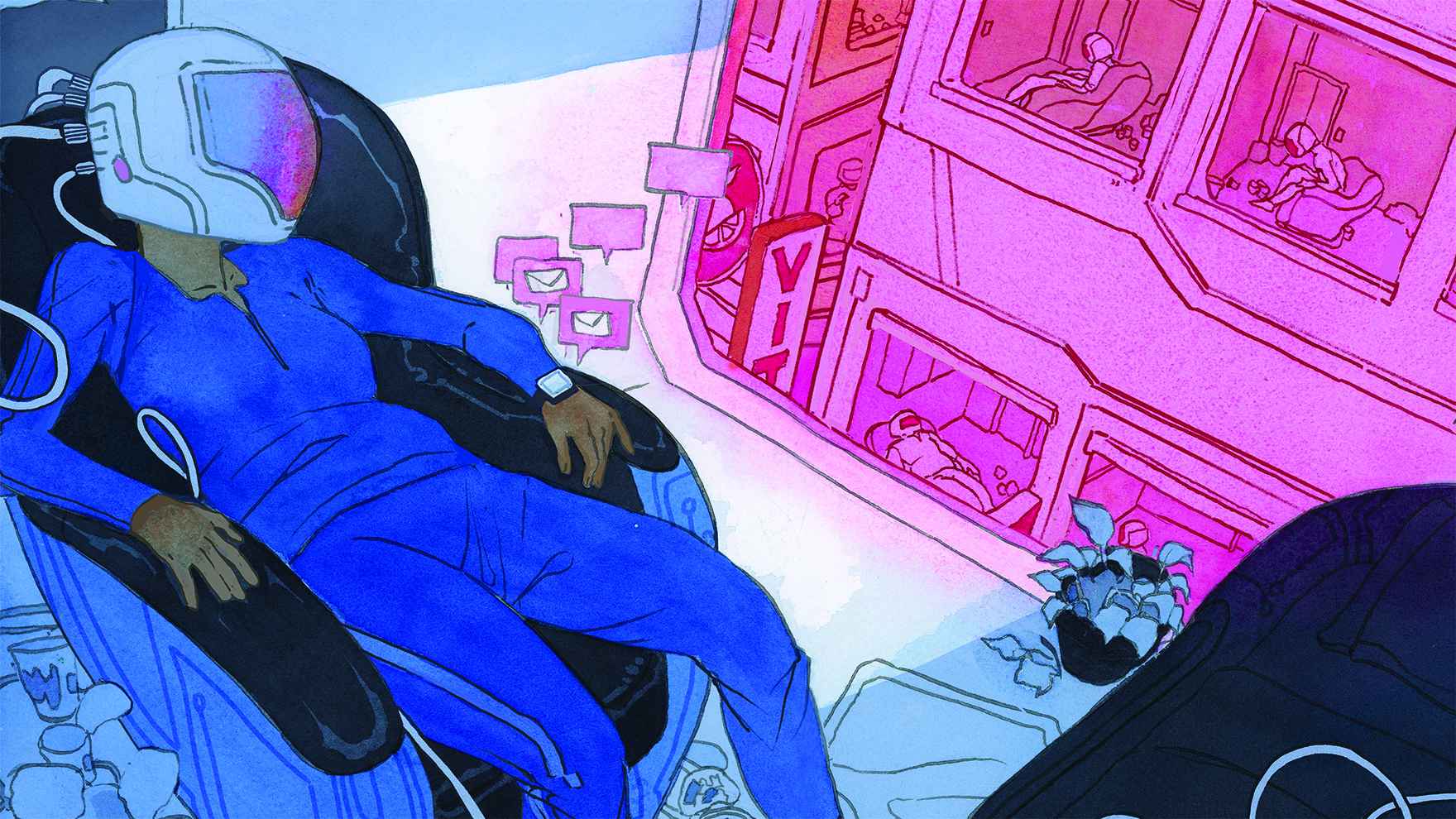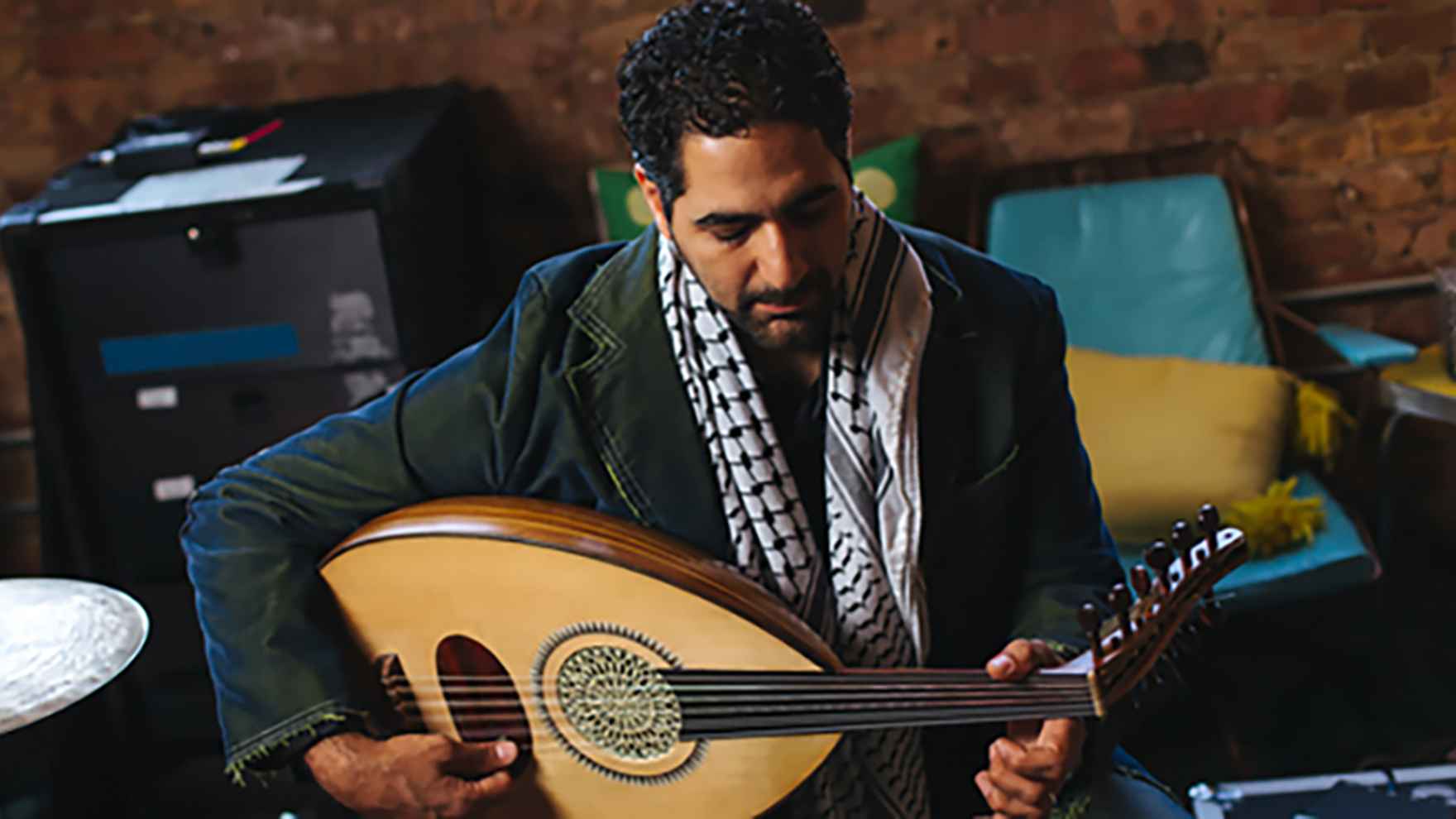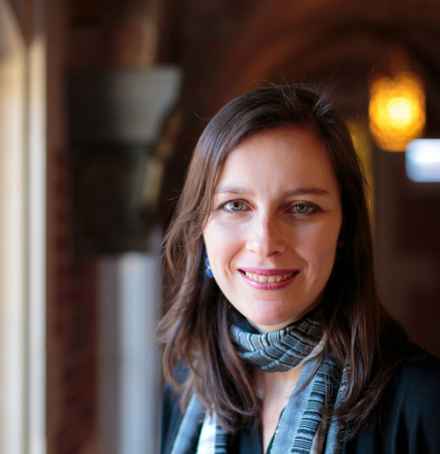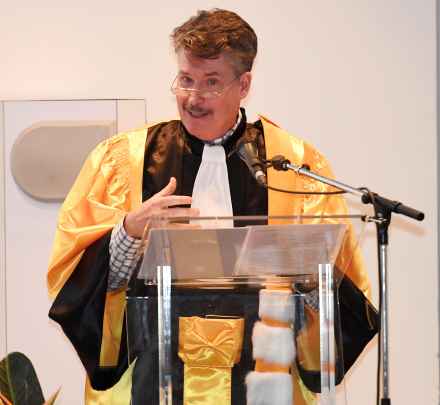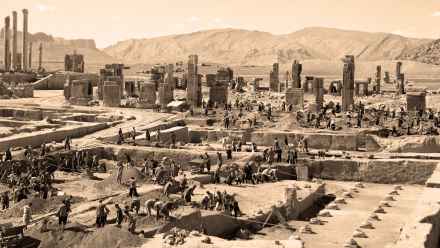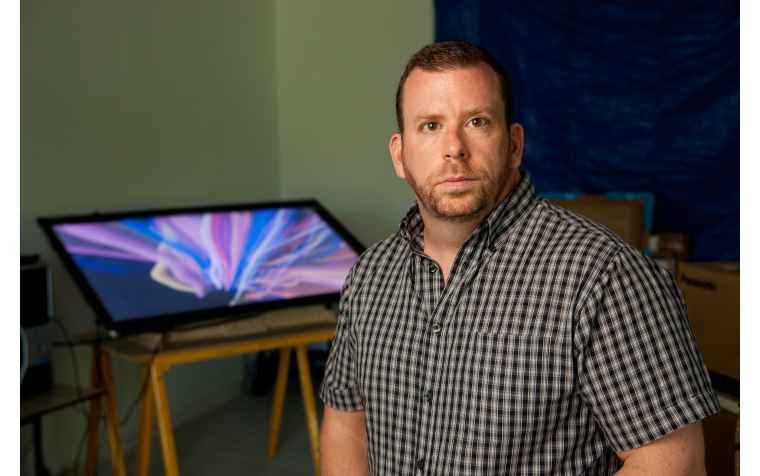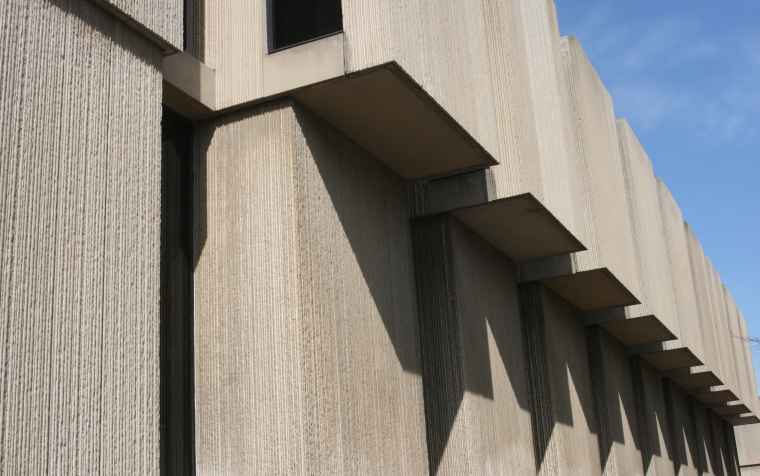Celebrating Humanities Scholars: Black History Month
|
In celebration of Black History month, we are featuring UChicago Humanities Division scholars and visiting scholars who presented their work during some of our latest public programs: The Berlin Family Lectures and Humanities Day, from 2020 to the present. We featured scholars whose lectures were recorded and are available on our YouTube Channel. Featuring scholars Kaneesha Parsard, Kenneth W. Warren, Claudia Rankine, C. Riley Snorton, Danielle Allen, and Jacqueline Stewart. |
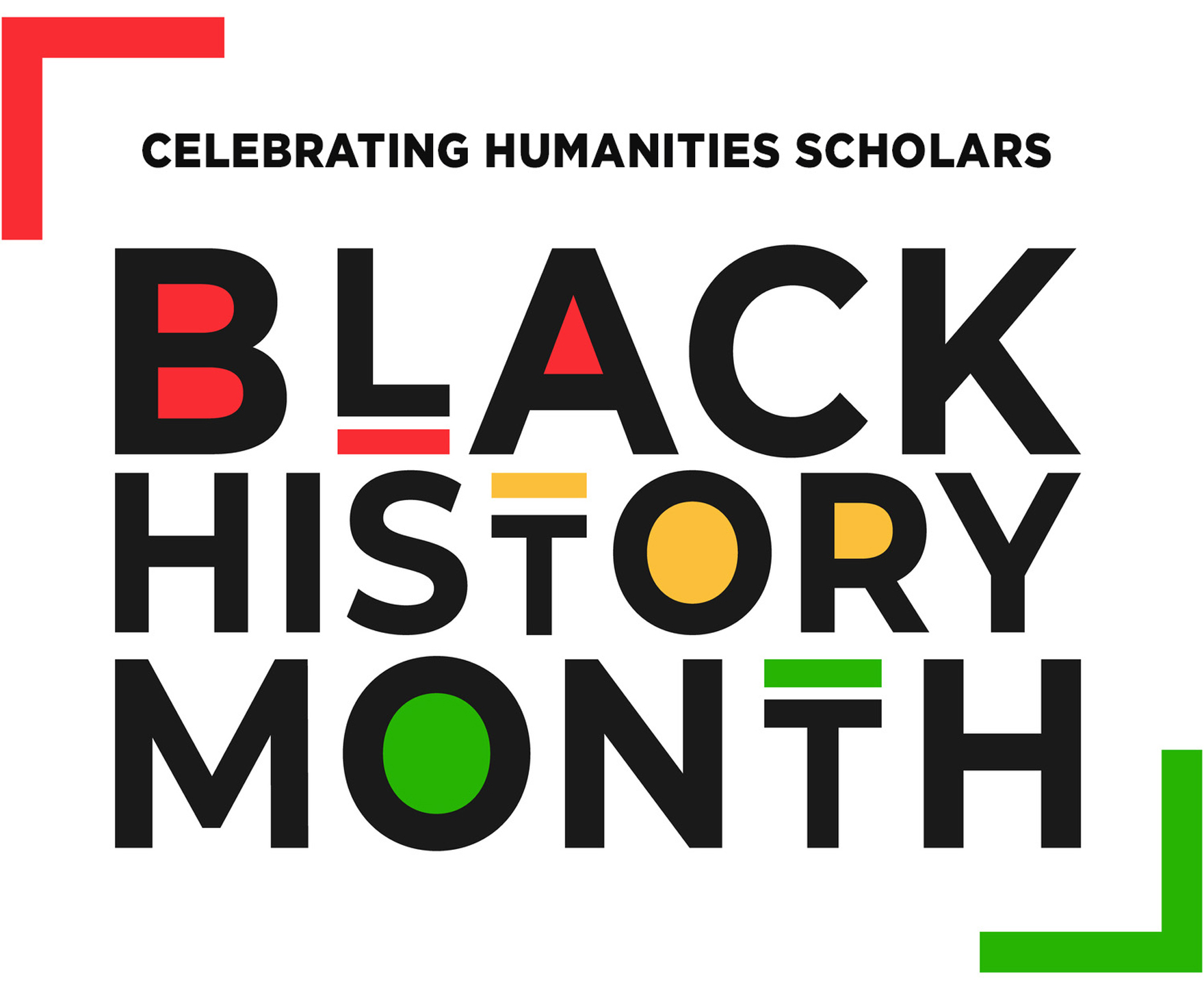 |
UChicago Humanities Scholar Receives NEH Fellowship
For her rigorous research and original approach to connecting electrical energy and culture production in Brazilian literature and art from 1930s to the present, Assoc. Prof. Victoria Saramago received a $60,000 Fellowship from the National Endowment for the Humanities (NEH) on Jan. 10. Her book project “Against the Current: Electrification and Cultural Production in Brazil Anthropocene” will investigate the multiple ways in which Brazilian artistic practices have shaped perceptions of the production and consumption of electrical energy, and how electricity has enabled, affected, and, sometimes, destroyed cultural objects.
Saramago contends that modern Brazilian artists have addressed electrification critically, skeptically, and ironically, countering the narrative of progress found in 20th- to early 21st-century Brazilian politics. Their critical views question one of the most basic assumptions from post-World War II to today: that a reliable and growing supply of energy is vital for modern life.
“Victoria Saramago’s scholarship is at the cutting edge of the contemporary environmental humanities and in particular Latin American ecocritical studies,” said Alison James, professor and chair in the Department of Romance Languages and Literatures at UChicago. “More broadly, Victoria’s scholarship challenges us to reflect on the complex entanglements of representations and reality.
UChicago Humanities Professor Receives Honorary Doctorate from the Universite Jean Monnet
For his rigorous research illuminating French literature, theater, and history, promotion of the arts, and emphasis on interdisciplinary studies, Prof. Larry F. Norman received an honorary doctorate from the Université Jean Monnet de Saint Etienne on Dec. 7, 2022. This achievement comes in same year as Norman’s award-winning book The Shock of the Ancient: Literature and History in Early-Modern France (2011) was translated into French.
“From his historical research on theater and aesthetics in 17th-century France to his leadership in making the University of Chicago a global center for the arts, Larry Norman embodies the combination of rigor and openness that makes this institution great,” said Richard Neer, the Barbara E. and Richard J. Franke Distinguished Service Professor in the Departments of Art History, Cinema and Media Studies, and the College and Director of Franke Institute for the Humanities. “His intellectual, professional, and personal generosity are inspiring, and this honor is richly, richly deserved.”
Ancient Civilizations
A century ago, UChicago scholars argued a controversial idea: Western civilization had its roots in the ancient Middle East—not in Greece or Rome. Today, scholars at the OI and across the University continue shaping the study of the early civilization through archaeological work and their research on the world’s most ancient languages.
In 1919, UChicago Egyptologist James Henry Breasted formed the Oriental Institute (OI)—a world-renowned museum and interdisciplinary research center dedicated to the study of early civilizations in Western Asia and North Africa.
OI archaeologists carried out large-scale expeditions in modern-day Iraq, Turkey, Egypt, Iran and Israel, unearthing massive temple complexes as well as objects of everyday life. For over 100 years, these items have helped researchers sketch a portrait of life in the some of the world’s oldest cities.
